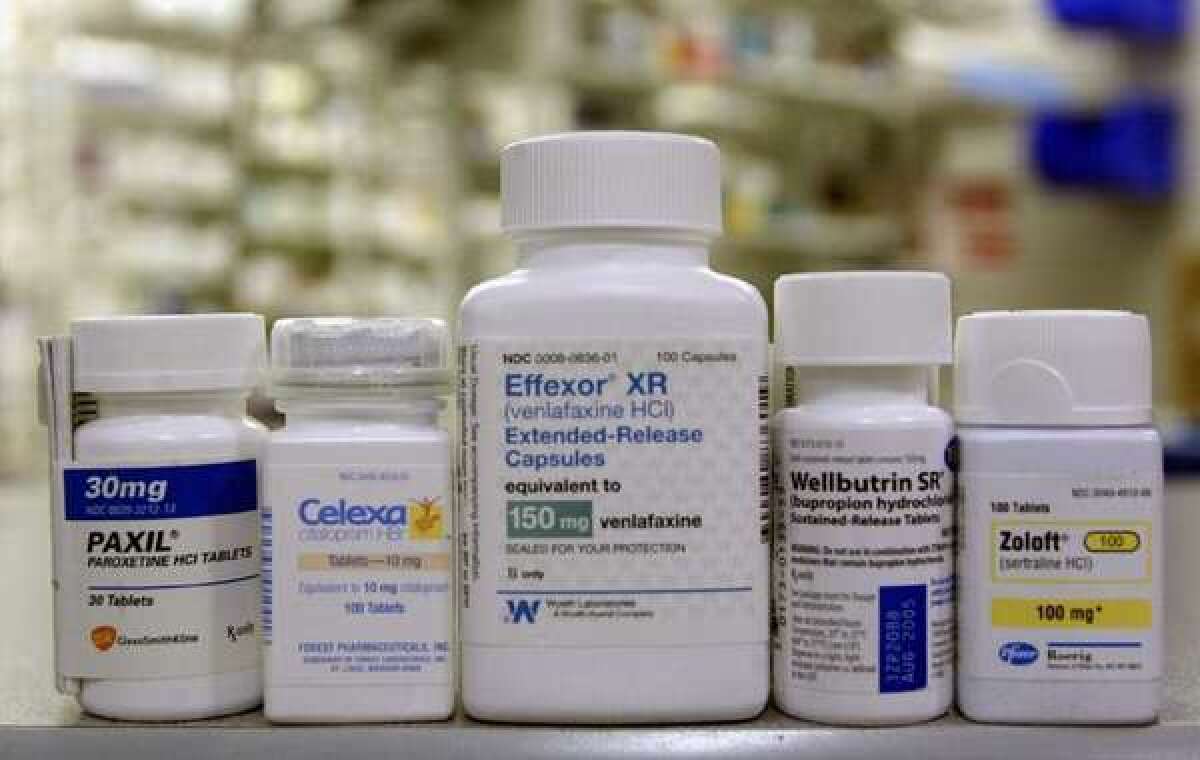
My entire life I have been hearing a narrative that antidepressants, (a category of drug that includes things like SSRIs, SNRIs, TCAs and MAOIs,) are intrinsically bad or indicate some kind of personal failure. People have used different arguments, saying that antidepressants never work or that they work too well and cause people to become emotionless robots. I’ve heard people imply that it’s insulting to even suggest medication as a treatment for mental health issues. Personally I disagree with these assertions and I would argue that the bad rap mental health medications get is born out of bad personal experiences, ableism and misunderstandings of how psychiatric medications are prescribed. (I am going to mostly talk about antidepressants here because that’s what I have the most experience with and knowledge of, but similar principles apply to other categories of medication as well)
I started taking antidepressants over a decade ago, as a treatment for a laundry list of mental illnesses and neurodivergences that started presenting from the time I could speak. I would have severe panic attacks and meltdowns on a daily basis, each lasting for hours at a time, complete with kicking, screaming, and endless sobbing. Eventually after several failed attempts at holistic treatments I was prescribed Citaloptam, an SSRI (a type of antidepressant), to help me manage my emotions and prevent panic attacks, as well as benzodiazepines to take as needed when my panic attacks became out of control. Prescription medication was not the first choice treatment from my doctors or parents, no one wanted to have to give a 9 year old benzos, but it was necessary in order to keep me safe, stable, and calm when I would otherwise be a non-functional mess. I would go on to try a dozen different meds before the age of 15 before settling on the cocktail of drugs that I’ve been taking for the last 5 years or so, which is a combination of an SSRI, an NDRI, and a medication classified as an antipsychotic that is also used to treat anxiety and depression.
Of course, meds alone don’t cure mental illness, that’s not how that works. Therapy, in the forms of group therapies, DBT, CBT, and individual talk therapy have all been parts of my treatment regimen over the years, and they have helped me immensely. Gaining accommodations, correct diagnoses, and removal from environments that exacerbated my mental health issues were also important steps in my journey. But the antidepressants and other meds I took were instrumental because they lowered my baseline level of distress and made me capable of participating in my treatments and helped me be able to access the resources at my disposal. I cannot stress enough how much antidepressants have improved my quality of life.
But that’s just my story, and my experiences are not universal. Not everyone needs meds, and meds don’t work for everyone, especially on the first try. If your mental health issues are mild, not severely impacting your day to day functionality, and not causing you significant distress, psychiatric medication may not be right for you. In that case maybe talk or behavioral therapies would be better suited for you. Even if medication is right for you, it’s quite possible or even likely that the first one or two or three that you try won’t be effective. (Often psychiatrists will cycle patients through several different SSRIs, despite the fact that they don’t work for everyone, before trying other forms of psychiatric medication. This is because SSRIs have been found to be the safest and least addictive type, as well as having the least significant side effects compared to the other types of antidepressants. The fact SSRIs have the fewest adverse effects make it an appealing first choice for doctors, but I digress.) Psychiatric medications are unfortunately not an exact science with a one size fits all solution.
But that doesn’t mean that antidepressants don’t work for anyone, in fact, for some people like me they are as necessary as any medication for any other kind of chronic condition. When people imply that the suggestion of antidepressants is bad, or that antidepressants never work and aren’t worth trying, it reinforces the stigma around them and mental illness in general. I fear that this narrative could prevent people from seeking professional mental health treatment, or cause people who are already on medication to feel bad about it, to hide that fact or stop taking their meds altogether. Taking psychiatric medications is not ‘taking the easy way out’ or a sign that someone hasn’t tried hard enough to treat their issues on their own, it’s a morally neutral act. Thank you for coming to my TED talk.
